MBADM 850 | Session 3 | Cracking the Innovator's DNA - Entrepreneurs and Innovators
Introduction:
In this episode, we explore the dynamic world of entrepreneurship and innovation, moving beyond common stereotypes to reveal the true essence of successful ventures and their leaders. We start by defining entrepreneurship as the pursuit of opportunity beyond currently available resources, often involving turning ideas into fully operational businesses. Beyond just profit, modern entrepreneurship is increasingly seen as a powerful force for changing the world by solving large-scale problems and promoting social change. Similarly, innovation is understood as creating a viable new offering, which can be a completely new product or service, or a significant improvement to existing ones.
We examine the key traits and behaviors that set successful entrepreneurs and innovators apart. These include an insatiable curiosity to continually seek new opportunities and challenge the status quo, along with a willingness to experiment through structured tests and market research to validate ideas. Adaptability and decisiveness are essential for managing unpredictable challenges and guiding the business's direction. Successful individuals also demonstrate self-awareness to build complementary teams, a calculated risk tolerance that balances potential rewards with efforts to mitigate risks, and a deep comfort with failure, viewing it as a learning experience rather than a setback. The "Innovator's DNA" highlights five core skills: observing, questioning, associating, experimenting, and networking. Additionally, great entrepreneurs are skilled at working with people, able to combine vision with execution, and possess strong leadership and communication abilities.
Challenging the idea that entrepreneurs are simply "born," we emphasize that these vital qualities and behaviors are developed through time, experience, and ongoing learning. While there may be a genetic aspect to innovation ability, environment and deliberate growth play a key role in shaping an entrepreneurial mindset. We also acknowledge the inherent difficulties, stresses, and high failure rates of launching a new venture, emphasizing the importance of effective stress management and a long-term perspective to navigate the "entrepreneurship roller coaster." Ultimately, entrepreneurship is a crucial driver of economic growth, job creation, and social progress, serving as an essential link between innovation and real-world application. Tune in to discover how these insights can help you develop your own entrepreneurial skills and leave a lasting impact.
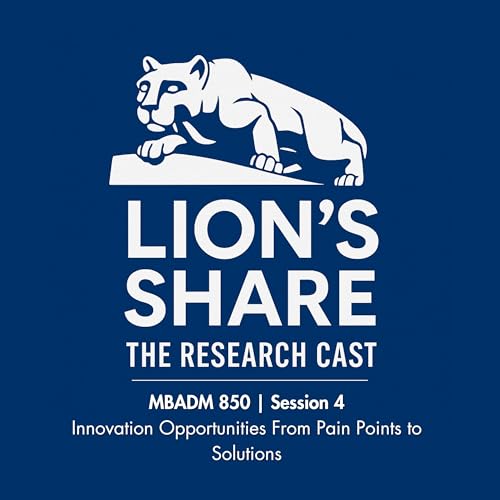 23 分
23 分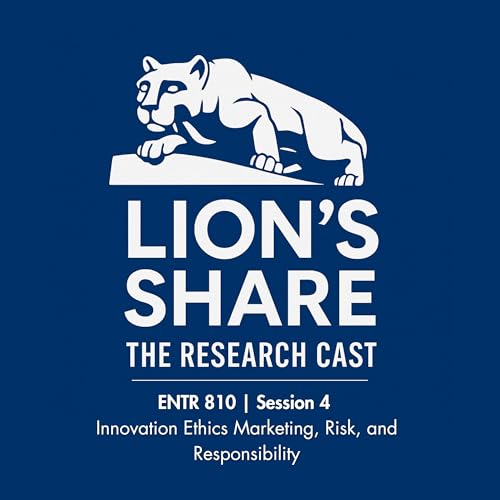 17 分
17 分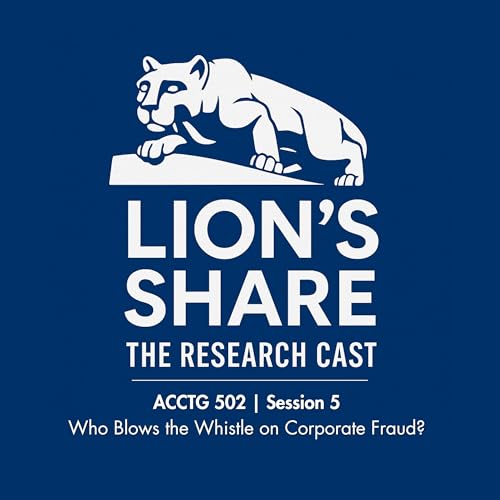 23 分
23 分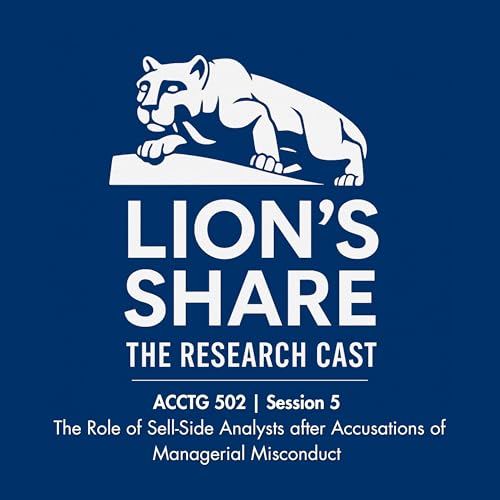 2025/09/0915 分
2025/09/0915 分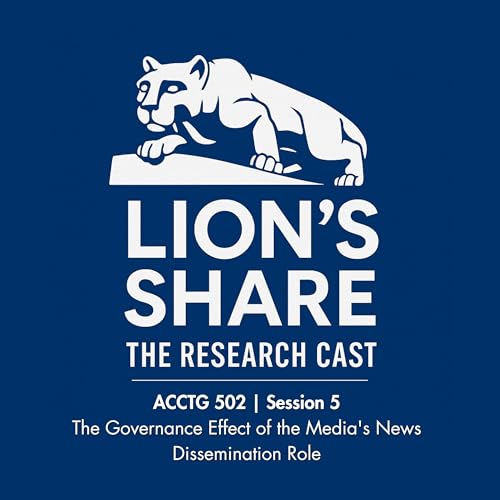 19 分
19 分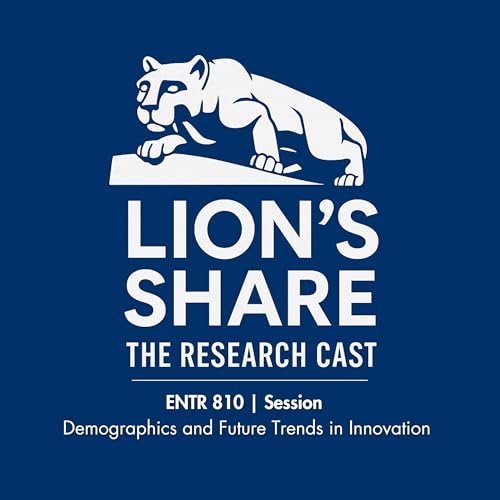 17 分
17 分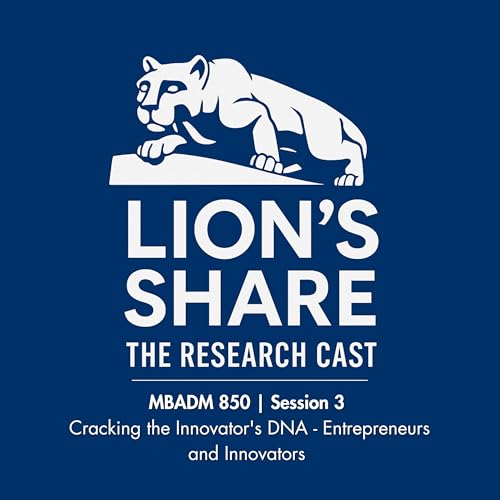 16 分
16 分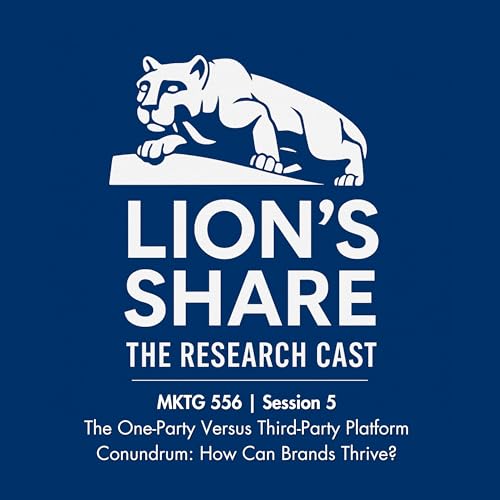 2025/09/0719 分
2025/09/0719 分

